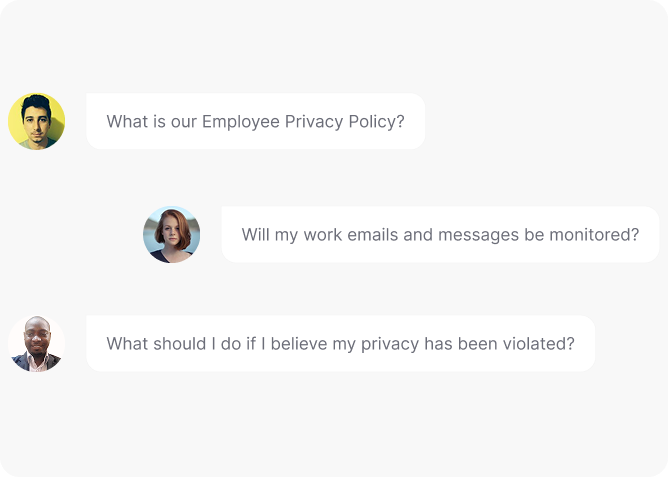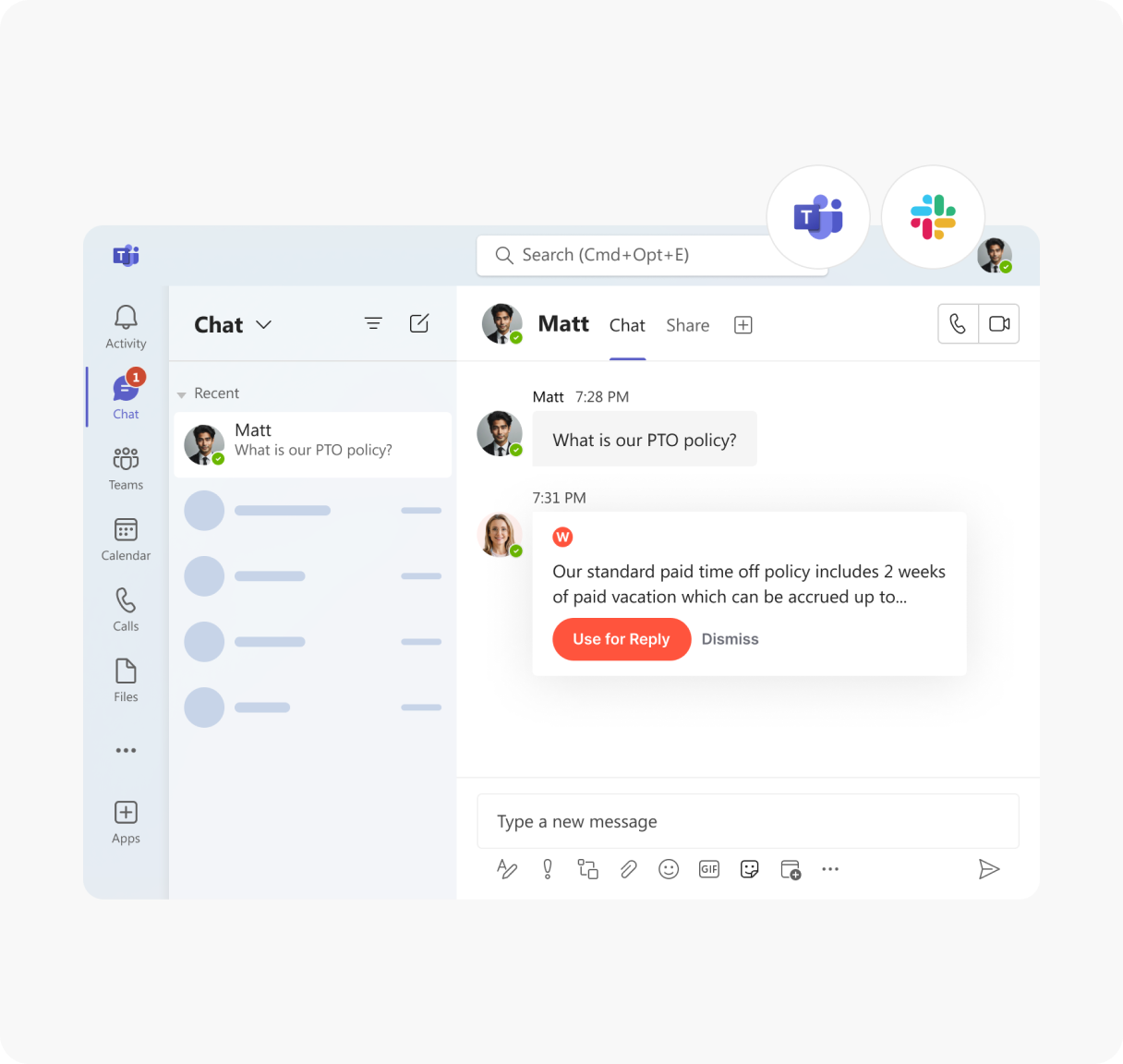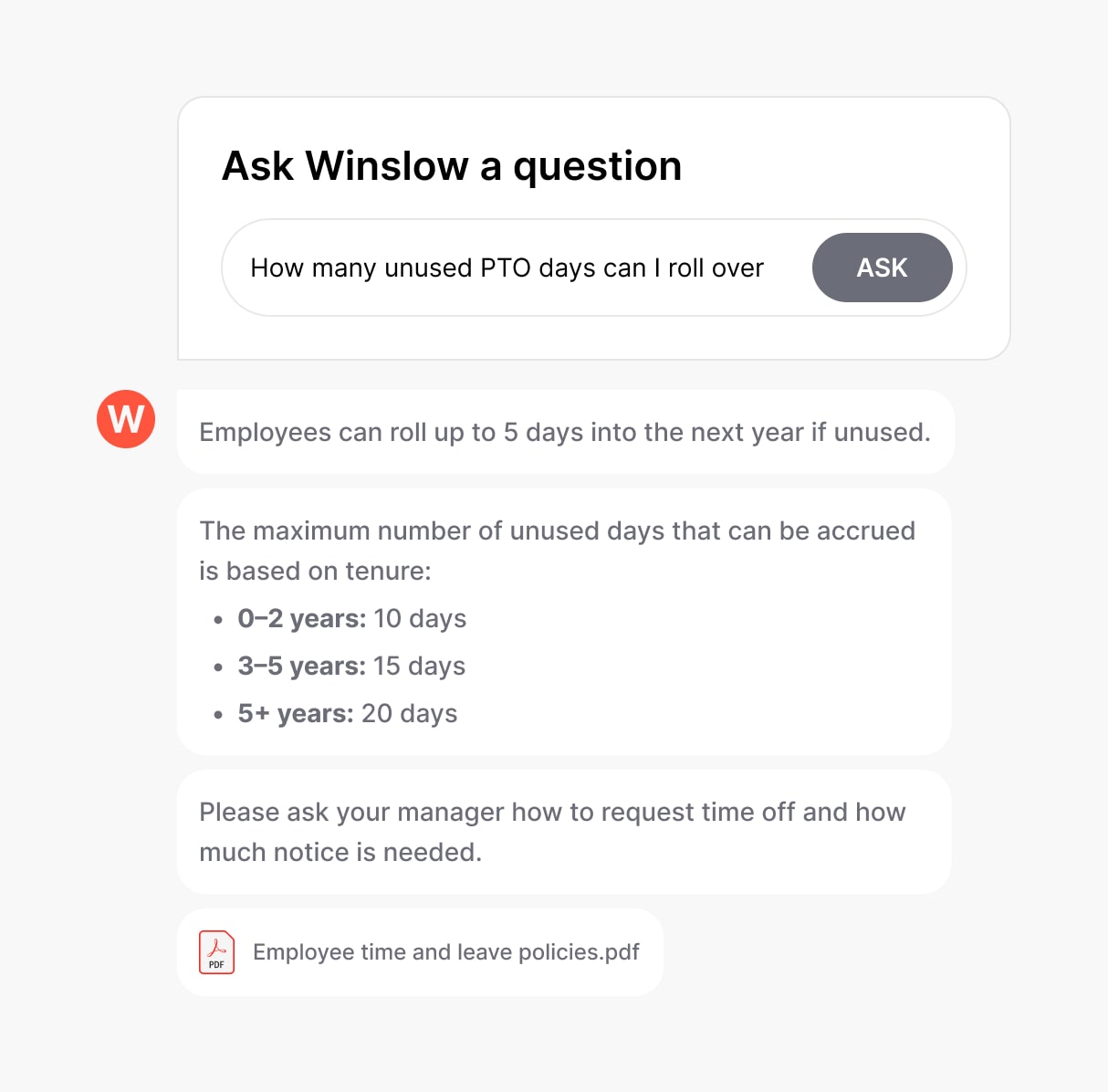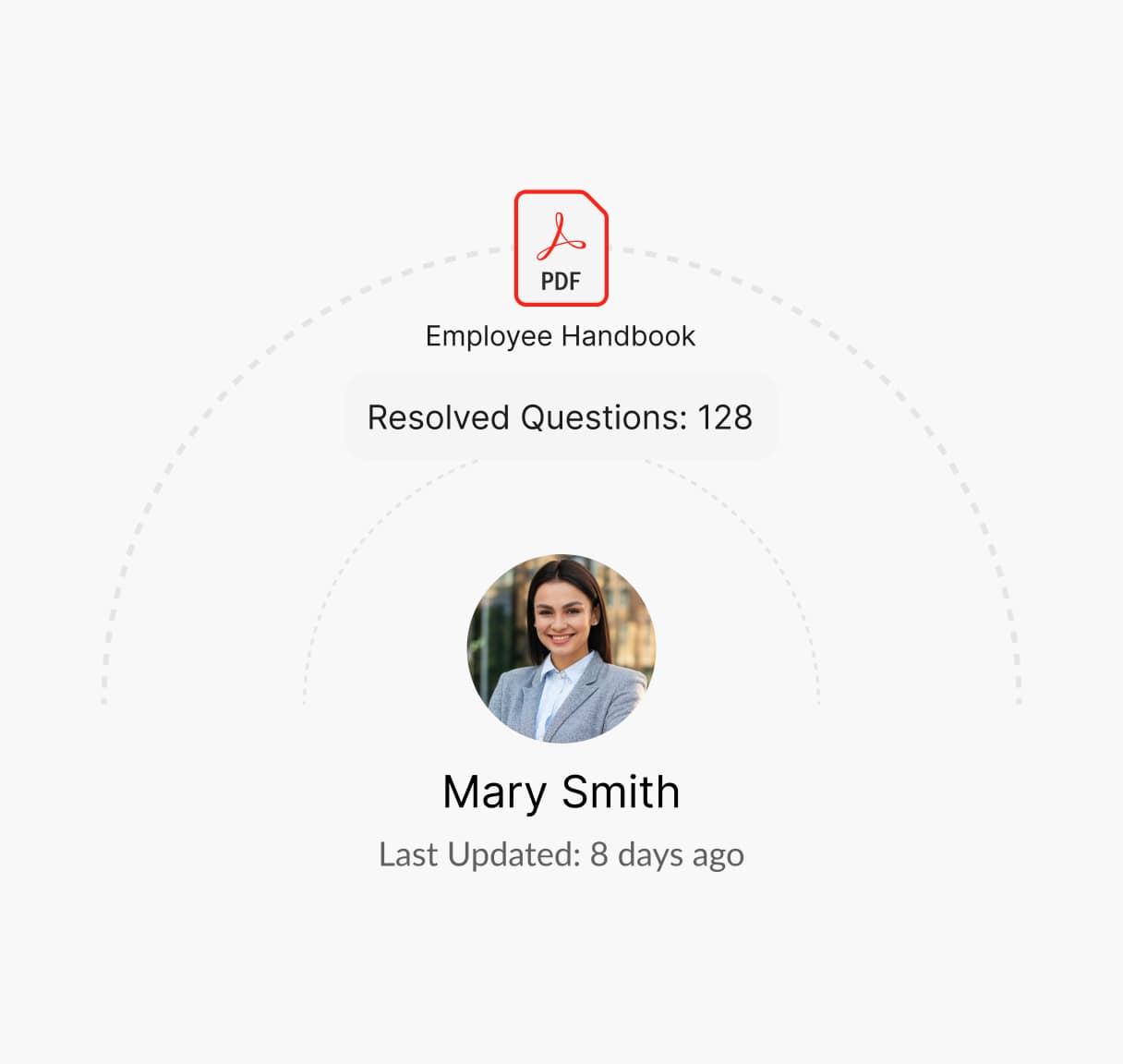Everything You Need to Know About Employee Privacy Policy
Protecting employee data is critical for compliance and trust. An Employee Privacy Policy outlines how personal and professional information is collected, stored, and used, ensuring transparency while safeguarding employee rights and organizational security.

What is an Employee Privacy Policy?
An Employee Privacy Policy is an HR document that outlines how an organization collects, stores, and protects employee personal data. It defines employee rights regarding their personal information, including details on confidentiality, data access, and security measures. This policy also addresses workplace monitoring practices, background checks, and compliance with data privacy laws.
A clear employee privacy policy helps build trust, ensures transparency, and safeguards sensitive employee information while maintaining legal compliance.
Guidelines for Creating a Employee Privacy Policy
A well-structured employee privacy policy protects personal data while maintaining transparency. Here are some guidelines to consider:
Specify Data Collection Practices
Clearly define what employee data is collected, including personal, financial, and performance-related information.
Define Usage and Storage Policies
Outline how data is stored, used, and for what purposes, ensuring compliance with privacy laws.
Limit Data Access
Restrict access to personal data based on necessity, with appropriate security controls in place.
Implement Employee Consent Processes
Require employees to provide consent before collecting or sharing their personal information.
Ensure Compliance with Regulations
Align policies with GDPR, CCPA, and other relevant data protection laws.
Establish a Data Breach Response Plan
Outline the steps to be taken in case of a data breach, including notification procedures and mitigation strategies.
What is Covered in an Employee Privacy Policy?
An effective Employee Privacy Policy should include the following:
Types of Employee Data Collected
Define the scope of data, such as personal identifiers, financial records, and performance metrics.
Data Access and Confidentiality
Specify who has access to employee data and under what circumstances.
Retention and Disposal Policies
Establish timelines for data storage and secure disposal processes.
Monitoring and Surveillance Policies
Clarify any workplace monitoring, including email, internet usage, or security cameras.
Employee Rights and Data Requests
Outline employees’ rights to access, correct, or delete their personal information.
Third-Party Data Sharing
Define the circumstances under which data may be shared with external vendors or partners.
Security Measures
Describe encryption, authentication, and other protections in place to prevent data breaches.
Need help creating an Employee Privacy Policy?
How Winslow helps HR teams save time on responding to Employee Privacy Policy?
Managing privacy-related inquiries can be time-consuming, but Winslow, your AI-powered HR assistant, simplifies the process:

Instant answers anytime
Winslow ensures your Employee Privacy Policy is always available on Slack, Teams, or email. Employees can instantly access information on data collection, monitoring practices, confidentiality agreements, and their privacy rights—helping HR maintain transparency and compliance.
Personalized Support
Winslow provides instant answers to all HR questions including those about your Employee Privacy Policy, ensuring clarity on workplace surveillance, personal data protection, and confidentiality guidelines.


Analytics and Insights
Winslow tracks policy-related queries, helping HR teams identify trends and common concerns. This data enables organizations to refine their policy, improve reporting channels, and address recurring issues proactively.
Enhance Workplace Privacy and Transparency with Winslow
A well-defined employee privacy policy builds trust and compliance. With Winslow, you can simplify policy communication, reduce HR workload, and enhance employee experience.
Frequently asked questions
Have further questions about Winslow, contact us at sales@usewinslow.com
What type of employee information does the company collect?
The company collects necessary personal data, including contact details, tax information, emergency contacts, and work-related performance records. Sensitive data is collected only when legally required or consented to by the employee.
How is employee data stored and protected?
Employee data is stored in secure systems with encryption, access controls, and compliance with relevant privacy laws such as GDPR or CCPA. Only authorized personnel can access this information.
Who has access to employee personal information?
HR, payroll, and relevant managers have access to specific employee data as needed. Personal information is never shared externally without employee consent unless required by law.
Can employees request access to their personal data?
Yes, employees can submit a written request to HR to review their personal records and request corrections if necessary, in compliance with data protection regulations.
What happens to employee data after termination?
Employee data is retained for a legally required period (e.g., tax and employment records) and securely deleted or archived thereafter, in accordance with company policy and legal requirements.
Additional resources
Device Usage Policy
Managing employee leave effectively is vital for maintaining workforce productivity and compliance....
Learn moreconfidentiality policy
Protecting sensitive information is crucial. A clear Confidentiality Policy outlines guidelines for...
Learn moreclaim reimbursement
Ensuring fair compensation for expenses is key. A clear Claim Reimbursement Policy...
Learn more




